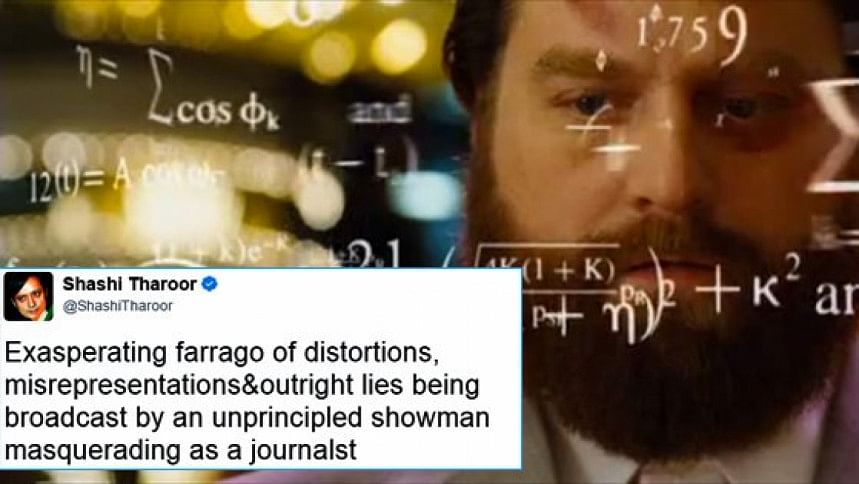The Art of Using Difficult Words in Your Writing

The idea or tendency to use difficult vocabulary in order to enhance a write up is not uncommon. In fact, it is something that many people believe to be the integral part of a standard, modern-day article. Although this is not true, there is no hard and fast rule that disallows the use of such hard words.
However, it is the application of these vocabs that many people often fail to understand properly and hence, they should follow a few simple guidelines to get things right. A word will sound difficult only when the reader is unaware of its meaning or has never heard of it before. For our convenience, we'll be proceeding with this very definition.
THINK ABOUT YOUR READERS
The first thing you as a writer should know is who will be reading your articles. This is where you get to decide whether it is appropriate or not to use difficult language. For instance, if your reader base is below 10 years of age, it's natural that they will be unfamiliar with most of the vocabs you learnt during your IBA admission prep. So there is absolutely no need to use such words in the first place. As the target age increases, you can go on to use comparatively difficult words.
MAINTAIN A RATIO
Too many difficult words can often tick people off. Especially if you use them frequently in one sentence or in a small paragraph. A difficult word is like an elachi. It's used to add fragrance to your food and drinks but you wouldn't want to bite on one while enjoying a plate of biryani would you? Too many of hard vocabs might just spoil the entire thing. To avoid such mishaps, it's always wise to maintain a proper ratio while using such words. I personally prefer using one difficult word every 50 words and at the same time, I avoid using more than one in a single sentence. This may vary depending on the topic or size of the article, but it's a good practice to maintain such ratios.
DON'T JUST DROP THE WORDS
Replacing words with their comparatively difficult synonyms is also a common practice among writers who tend to make their work more appealing. However, despite being similar, it's not true that the synonym you've used will make sense in the sentence or context. It's something even I end up doing unconsciously while writing. To come out of this problem, the easiest solution is to check whether the word you plan on using will actually fit in your sentence or not. To do this, you can Google for sentences which use that particular word or you can also directly check online dictionaries. Another website is wordsinasentence.com which can also be helpful for this purpose.
Send your feedback to the writer at [email protected]

 For all latest news, follow The Daily Star's Google News channel.
For all latest news, follow The Daily Star's Google News channel. 



Comments